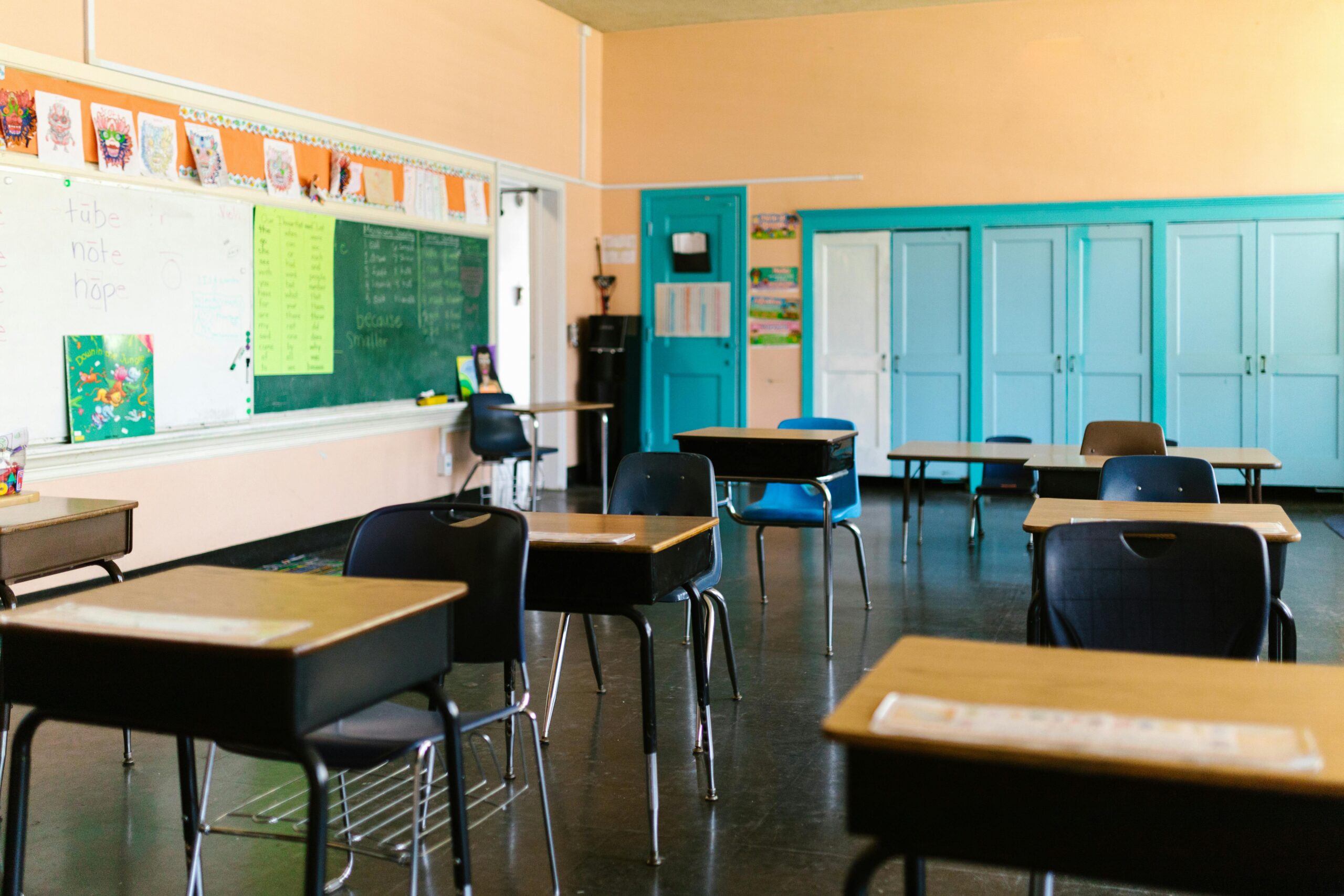Ontario Education Minister Stephen Lecce has rejected the Toronto District School Board’s (TDSB) proposal to close some schools.
On April 4, the TDSB announced they were calling on the Ministry of Education to remove the moratorium on closing schools.
“During a special board meeting today, trustees voted in favour of the motion that will help address growing costs to maintain underutilized schools across the TDSB and facilitate long-term planning,” their statement said.
The board asked the ministry for an exemption permitting them to consolidate up to four schools a year if the ban was not lifted.
“This would enable the TDSB to review schools with low enrolment that face programming challenges and limit students’ choices and replace them with a smaller number of state-of-the-art schools with higher enrolment that would result in a larger variety of programming and more opportunities for students.” they said in the statement.
They also approved a $17 million budget cut for 2024-25 , including $5 million each for central staff and for school renewal, as well as $7 million from initiatives such as in-house training.
In response to community feedback about some proposed cuts, the board decided to delay the implementation of them so they could discuss them with stakeholders. These include international language and African heritage programs, general interest/seniors’ daytime courses, outdoor education and fees.
John Weatherup, president of Toronto Education Workers which represents 17,000 workers on the school board side, disagrees with consolidating schools.
“We don’t think they should be closing the small schools to begin with. We don’t agree with what the board has done,” Weatherup said. “Closing the small schools is detrimental to learning, student achievement…”
Weatherup credits smaller schools with helping students’ achievement which is supported by research.
The Elementary Teachers’ Federation of Ontario said research shows smaller classes let teachers give students more individual attention, as well as improve their behaviour, friendships, student engagement and success early on.
“Student achievement goes down, not up when you start to consolidate schools and make them bigger. The further the parents are from the school and principals knowing students’ names, it brings students’ achievement down,” Weatherup said.
However, Weatherup said he recognizes the board is cash-strapped for reasons not their fault. He said the TDSB must pay Canada Pension Plan (CPP) and Employment Insurance (EI) benefits, and those payments have risen to $30 million a year.
“The provincial government, since it’s the funder, does not pay it. So, now the board has to go cut $30 million from its budget because the provincial government doesn’t pay its bills.” he said. “And the board has no choice. It’s federal law, to pay CPP and EI and then the provincial government doesn’t pay it and that sends the boards back to find $30 million because they say they’re running a deficit. But if the government actually paid their bills, there would be no deficit.”
An example Weatherup used was the hiring of 100 extra teachers.
“Well, they [the government] don’t pay for 100 teachers. They pay for 90 because their wages are on a provincial average and (the government) doesn’t cover all the benefit,” he said.
The TDSB is then left to find funding for those 10 remaining teachers which may be more than a million dollars.
“So, well it sounds like a great news story that they’re getting 100 math teachers or ESL teachers, which is good news. The fact of the matter is they gotta go find $1.5 million to pay for it. So, even when they announce a good news story, hiring staff, it’s actually bad news on a financial basis.” he said.
The board must cut in other areas of the budget because of the lack of revenue to cover the cost of those new teachers.

